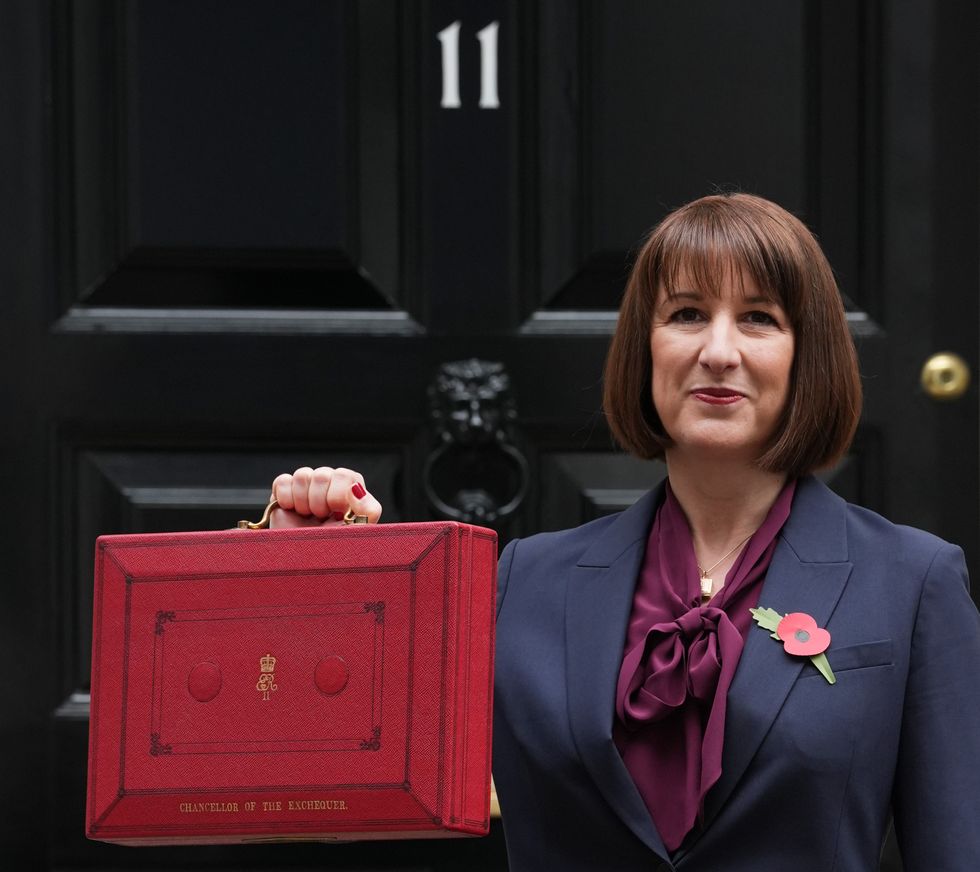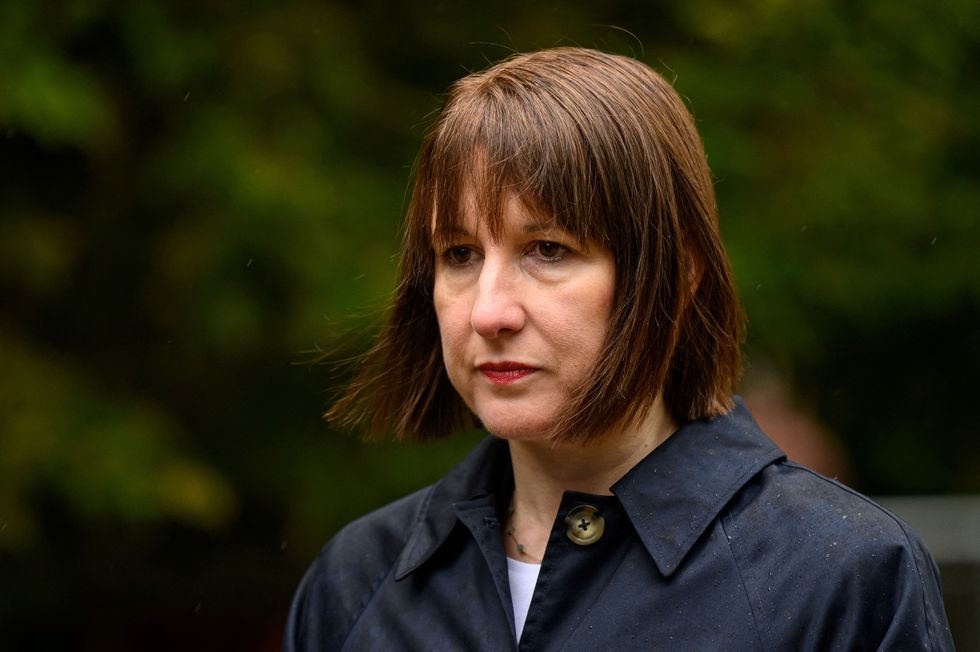The Government will not extend the freeze on income tax and national …
GB News
The Chancellor announced the changes in the Autumn Budget this afternoon
Don't Miss
Most Read
Trending on GB News
Chancellor Rachel Reeves has chosen not to extend the freeze on income tax thresholds.
In a shock move, the thresholds will increase again after 2028, giving a boost to incomes.
The Conservative Government froze income tax thresholds and national insurance in 2021 and then again after mini budget.
Although extending this freeze could raise billions, the Chancellor warned this could "hurt working people" and take "more of their money" out of payslips.
In a bid to keep the Labour's manifesto promises, Reeves said: "There will be no extension to the freeze on national insurance thresholds beyond the decisions by he previous governments.
"From 2028-29 the personal tax thresholds will be uprated in line with inflation once again. When it comes to choices on tax, this Government chooses to support working people every time."
 Chancellor Rachel Reeves delivered the Budget this afternoon PA
Chancellor Rachel Reeves delivered the Budget this afternoon PAThe policy, known as fiscal drag, effectively increases tax burdens without raising headline rates, as static thresholds fail to keep pace with inflation and wage growth.
Analysis by Coventry Building Society shows that by the end of the decade, an estimated 2.7 million more earners could see their savings allowance slashed to just £500 if the freeze was extended.
This reduction, coupled with higher interest rates, was expected to lead to a substantial increase in tax bills on savings.
Jeremy Cox of Coventry Building Society warned savers would have faced a "double whammy of fiscal drag and higher interest rates".
The impact would have extended beyond just income tax. As pay rises tip workers into higher tax bands, they end up paying more tax overall.
Britons currently pay no income tax on the first £12,570, known as the personal allowance. They then pay tax at 20 per cent on income over this and up to £50,271.
Then, on earnings over that and up to £150,000, pay 40 per cent.
The announcement today means that the personal tax-free allowance threshold and higher rate threshold in England and Northern Ireland will remain at 12,750 pounds and 50,270 pounds a year respectively. From financial year 2028-29, personal tax thresholds will be uprated in line with inflation, Reeves said.
Unfreezing these thresholds means people will be able to earn more without paying more tax.
However, while this is positive news, millions will still find themselves paying more tax before the thresholds are adjusted.
Steven Cameron, pensions director at Aegon, said: "According to analysis by the OBR, the current freeze will see millions more people starting to pay income tax or paying at a higher rate - between 2022-23 and 2028-29.
"This set of threshold freezes means nearly 4million additional individuals will be expected to pay income tax, 3million more will have moved to the higher rate, and 400,000 more onto the additional rate."

Budget 2024: Rachel Reeves aims to fill the black hole in the public finances
REUTERSThe current chancellor aims to plug a £40bn hole through tax rises and spending cuts.







